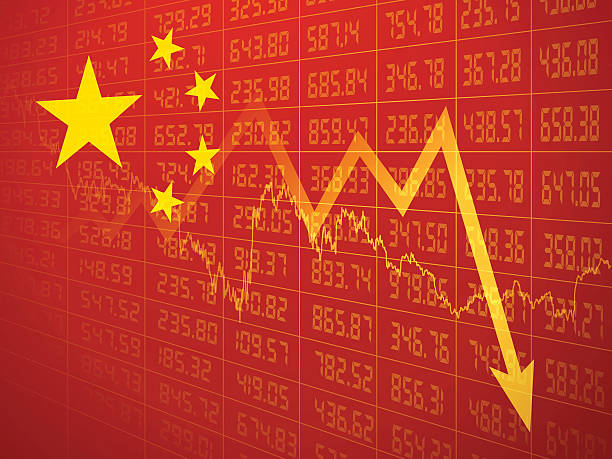
China’s Economic Struggles: Why Recovery Seems Out of Reach
China’s economy is grappling with one of its most severe crises since it opened up to the world over 40 years ago. The real estate sector, once a cornerstone of economic growth, has collapsed, leaving behind massive debts, unfinished projects, and widespread job losses. This downturn has made Chinese consumers even more frugal, while businesses are cutting salaries and scaling back on hiring. The government’s traditional methods of boosting growth through infrastructure projects are now hampered by an enormous debt burden, exceeding $7 trillion, making it challenging to rekindle economic momentum.
Consumer confidence has been severely eroded. For example, Alibaba reported a 1% decline in domestic online sales, while movie ticket sales dropped by almost half compared to last year. Even foreign companies like Sephora and IBM are retreating from China due to the challenging market conditions. With a shrinking population and youth unemployment rates soaring, the job market is grim, particularly for recent college graduates who face tough competition for scarce positions.
In response, the Chinese government has restricted access to certain economic data, including suspending youth unemployment reports when the figures hit record highs. This crisis is also leading to a shift in investment strategies, with both Chinese savers and foreign investors seeking safer assets like bonds and gold, pushing real estate prices and stock market performance further down. The government, however, faces a dilemma: while the financial system is tightly controlled, reducing the risk of insolvency, the available fiscal resources to address the crisis are dwindling.
While China has forecasted a 5% growth rate for this year, this is now in doubt. The country is experiencing a record surge in exports, especially in sectors like electric vehicles and household appliances. However, this has led to oversupply issues, affecting profitability and drawing backlash from trading partners. Despite official reassurances, fundamental economic challenges remain, with a growing sense of pessimism among the population and investors alike.
